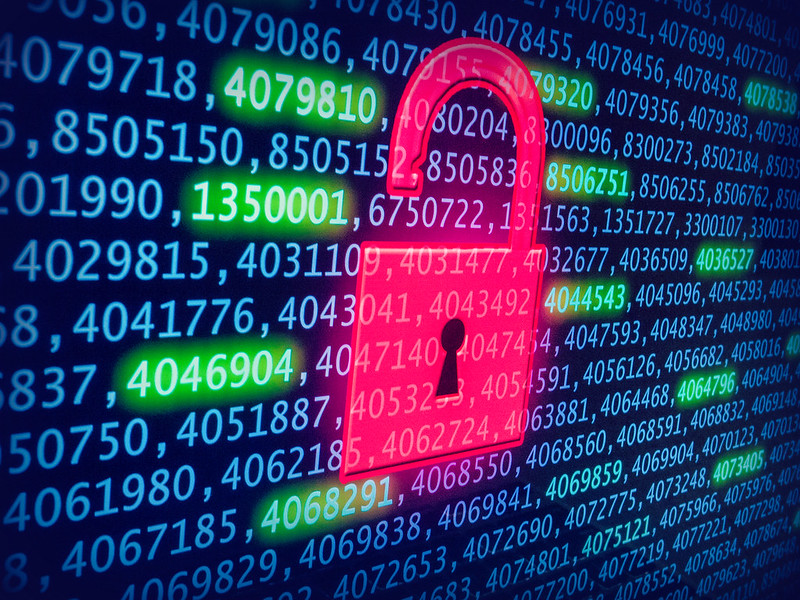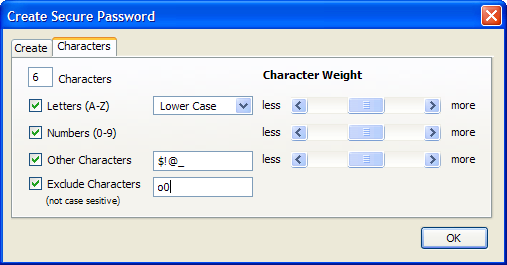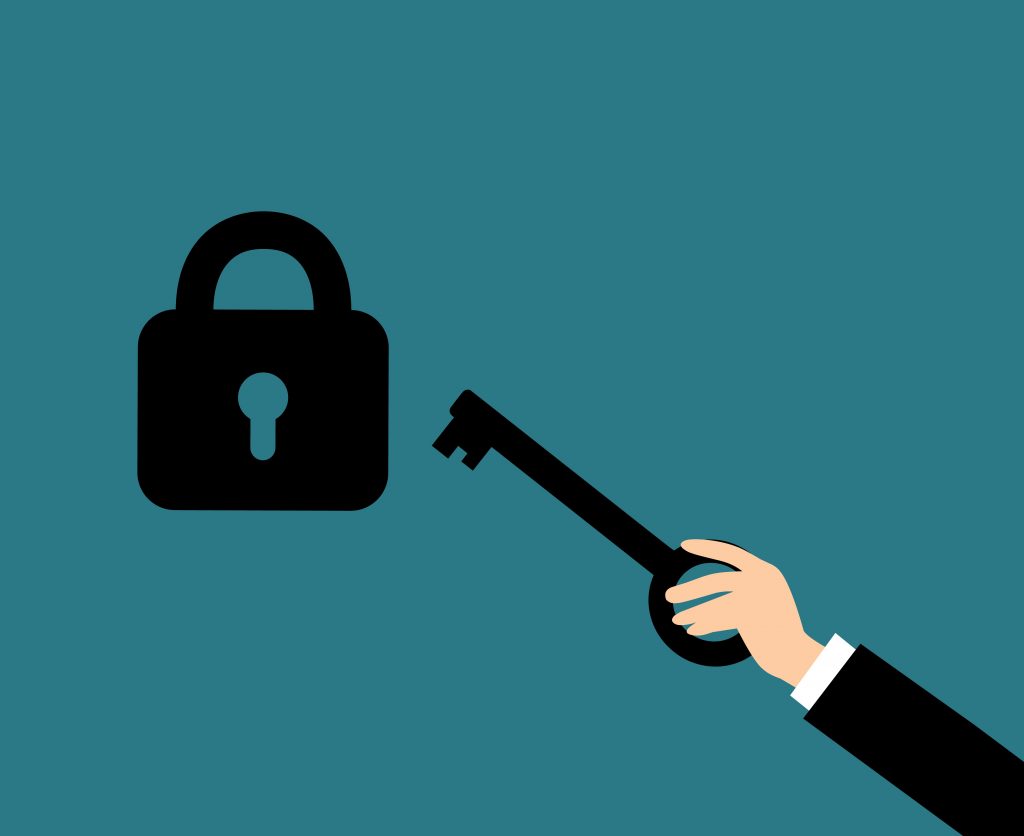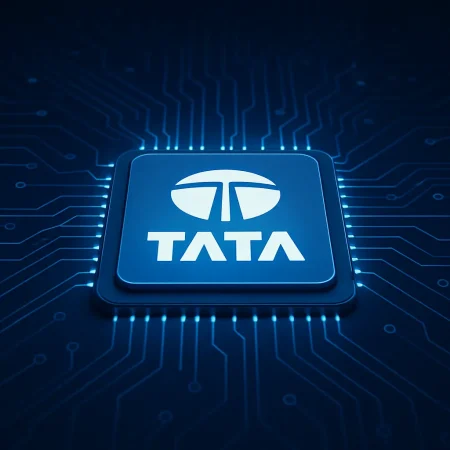Ah, passwords. The key to our digital souls, and yet so often, the bane of our very existence when breached, lost, or forgotten.
Now, you might not break out the cake-and-candle routine for it, but World Password Day, which falls on the first Thursday of May every year, is an annual reminder for us to take a moment and take stock of your passwords and security and keep your accounts secure.
For most of us, we’re sure that the evolution towards trusting our passwords with anyone but ourselves has taken a good, long while. From keeping it all in our heads to switching variants on base passwords, we’ve all been through the mill. However, if you pause and analyse all your digital accounts – email, banking, social media, cloud storage, streaming services, fitness, music, and gaming – they’ll probably add up to more than you realized. This is where password managers come in.
Considered the vegetables of the internet, password managers are good for us, but as usual, we’re happier snacking on whatever is the password equivalent of junk food. Also known as password vaults, the best password managers are secure apps that generate, store, and automatically fill in better, unique passwords, making it harder for hackers to launch password-based attacks on your online existence.
What Makes Password Managers So Good?
The plethora of password managers available today are all slightly different, but there are similar features across all brands. Firstly, they store your passwords — often popping up on phones and web browsers whenever we need to log into any account and provide us with our login credentials in one fell swoop. With sign-in technologies having evolved, password managers also now help with two-factor passkeys and authentication codes for apps or websites that require more than just usernames and passwords.
Most good password managers also suggest strong passwords for new accounts: by mixing up random numbers, letters, and special characters so they’re enormously difficult to hack. Other additional security features range from notifying users of duplicate passwords to dark web monitoring for passwords, usernames, and email addresses.
If all your login details appear in a particular data breach, your password manager will send you an alert about the same, allowing you to tackle the issue.
At the same time, these password manager applications are themselves secured using a main username and password — which you’ll need to remember — and even feature biometric authentication for two-step verification.
How Do Password Managers Secure Data?
With password managers, you don’t need to remember or even know what your passwords actually are — the programs handle everything. While the processes of how password managers securely and privately lock your passwords vary, they invariably use some form of end-to-end encryption, with the main password working as the decryption key.
That means that no one else — including password manager developers, government agencies, and even hackers — can access your details without that particular password.
Some even go the extra length and assign users secret keys, known only to them, which work as additional security layers. Biometric scans and two-factor authentication are added too.
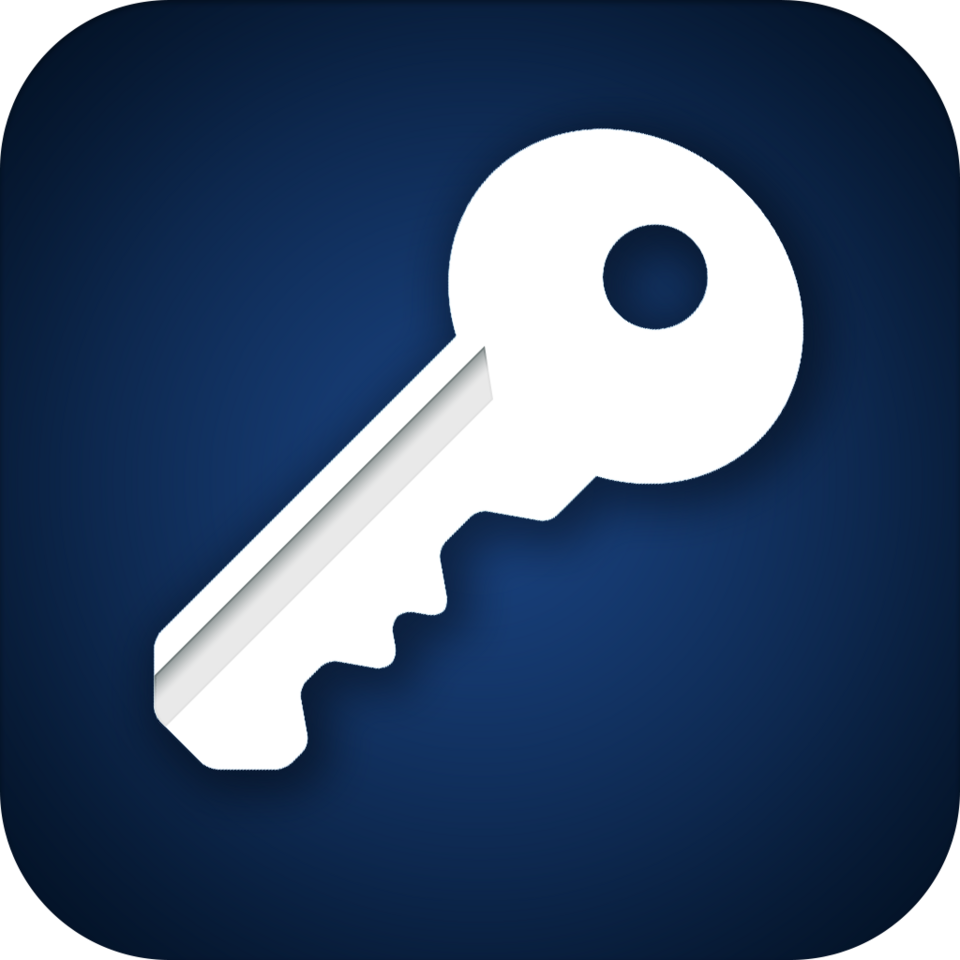
Basically, one can’t simply use their pet’s name as the password for your password manager. Again, strong encryption protocols are deployed when one’s credentials need to be synced across multiple devices. So, without the main password manager passkey, any and every data secure with it is of no use.
Since we all need our passwords across multiple devices, most password manager programs combine cloud and local storage options today. However, do remember that the fewer places that the password manager is installed, the lesser the chances are of hackers gaining unauthorized access to it.
Why Everyone Should Use Password Managers
Despite data breaches being on the rise, passwords are the chief way we authenticate ourselves online. Even then, very little has changed in how the masses manage their online passwords. In fact, stolen login credentials and identity theft ranked amongst the most expensive types of breaches worldwide in 2024, with the global average cost of data breaches reaching a whopping USD 4.9 million.
Simply put, using password managers is a whole lot more secure than any other option due to the lengths to which the programs go to keep your data secure. While the free offerings from Apple and Google have significantly improved over time, they still don’t quite match up to the cross-platform support, breadth of features, and level of protection that come with dedicated password managers. So, given the features and protection that come with them, we’d say that it’s absolutely worth investing in dedicated password managers.
While some programs offer free tiers, they could be quite limited in terms of the number of devices one can use across and the features. Plus, there are many good bundled deals that include adblockers and VPNs too, for instance. Not only do you get a private password vault, but you also get a host of protections to keep it safe, along with some excellent additional features like strong password generators and data breach monitoring.
In case you missed:
- Keeping Your Tech Tidy: Tips For Data Backup And Safety
- Crypto Heists: How To Keep Your Cryptocurrency Safe?
- Cryptography in Network Security – Concepts and Practices
- The Era of Oversharing Online: Data Privacy Concerns
- The Good Samaritan: A Complete Guide To Ethical Hacking
- Re-examining Cybersecurity through Blockchain
- AI-Powered Phishing: The Future Of Digital Fraud
- All About Attack Surface Management
- Zero Trust Architecture: The Next Big Thing In Security
- Edera: An All-Women Startup Revolutionising Cloud And AI Infrastructure Security




